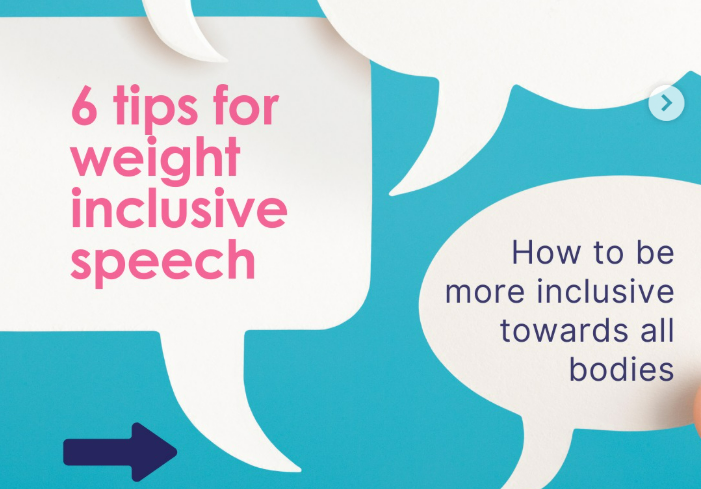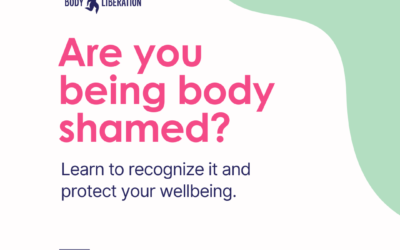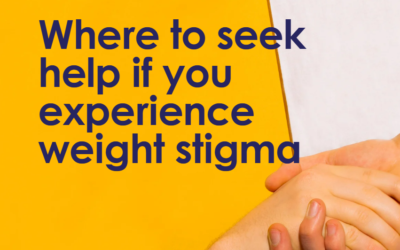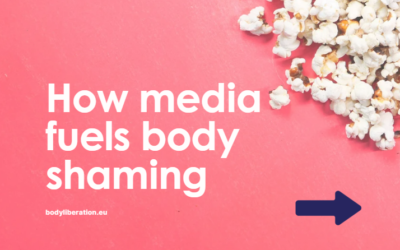Inclusive language respects self-identification and centers the voices of those we speak about or with. For example, using gender-neutral terms like “parents” instead of “mother/father” creates space for diverse family structures.
Similarly, when referring to people with disabilities, fat people, or other marginalized groups, there are speech practices that make them a part of conversation and avoid further stigmatization.









This content was created within an Erasmus+ funded project Microlearning for Body Liberation, contract No. 2024-1-LV02-KA210-YOU-000247374. Views and opinions expressed are however those of the author(s) only and do not necessarily reflect those of the European Union or The Agency For International Programs For Youth in Latvia (JSPA). Neither the European Union nor the granting authority can be held responsible for them.




